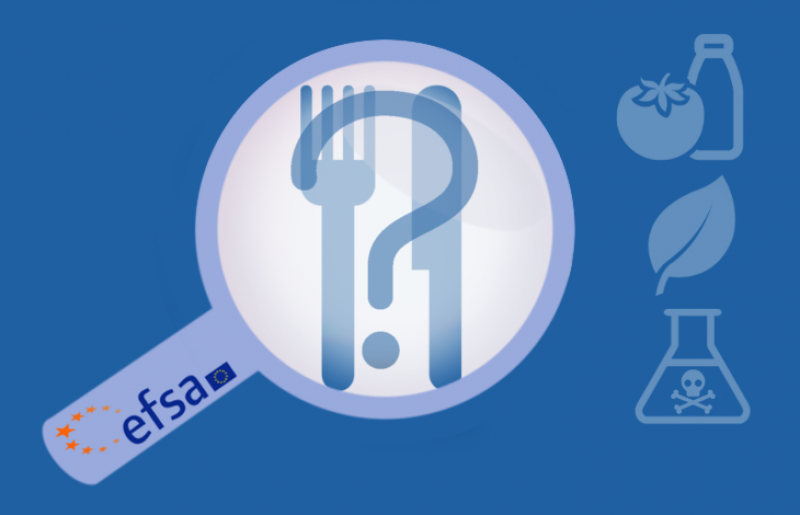
Better access to industry studies used in EFSA risk assessments insufficient without usage and quotation rights
Today’s European Commission proposal for the disclosure of confidential industry studies used in the European Food Safety Authority’s (EFSA) risk assessments contains positive elements but fails to enable meaningful independent scrutiny of the data.
A caveat in the proposali specifies that industry data should be published by EFSA, but may only be used and quoted with specific authorisation from the private companies which have provided the data. The industries concerned have systematically fought meaningful disclosure, and are more than likely to withhold permission for independent scientists and consumer organisations wanting to publish findings of data cross checks.
Corporate Europe Observatory’s food policy campaigner Martin Pigeon commented:
“Automatic and pro-active publication of previously confidential industry study data in a machine-readable format is an important first step in the right direction. So is the creation of a public register of studies to prevent industry from submitting only results favourable to their products to EFSA, as well as the substantial increase of EFSA’s budget. But the Commission’s proposal features a big caveat that means anyone wanting to quote and use the data will need to ask permission to do so from the company that has provided EFSA with this data.”
“This creates a huge risk that industry will block any scientific scrutiny of EFSA’s assessment of their products. If scientists cannot quote this data in scientific publications there will be only a limited incentive for the scientific community to double-check EFSA’s work. The publication of much-needed independent cross checks of industry data must not depend on the goodwill of private entities whose primary objective is to make a profit, not to protect public health and the environment.”
Notes to editors:
The European Commission’s proposal comes after an internal review that had been triggered by growing pressure on the European Food Safety Authority (EFSA) following the glyphosate scandal and the Monsanto papers controversy.
The two main features of the proposal, automatic and pro-active publication of data in a machine-readable format and the creation of a register of studies aimed at preventing industry cherry-picking of favourable studies, are positive steps in the right direction.
If the proposed industry authorisation for any publication and use of independent data cross checks is indeed to be mandated, the usefulness of these two provisions will be rather limited. The impossibility of re-using the data without permission would also compromise the possibility to reduce the overall number of toxicity studies, which could help reduce the use of laboratory animals and lower the overall cost of the system.
Read more about the flaws of the EU’s risk assessment process on food safety here.
Despite its industry-friendly caveat, other features of the proposal are still going to be met with intense lobbying from the food and agribusiness industries, which use the confidentiality of their studies as an effective way to avoid scientific scrutiny of their products now and in the future as well as limiting competition. The pesticides industry has already launched its own self-regulation proposal to enable it to keep control over the disclosure process.
Another main element of the proposal, the reinforcement of the role of Member States in the governance of EFSA, could help bolster the agency's access to public expertise and resources, but shouldn't endanger the agency's independence either: EFSA’s external experts must be protected against receiving “instructions” from the governments who appoint them.
The European Commission failed to address the problem of leaving private companies in charge of testing their own products. Civil society organisations and independent scientists have long argued in favour of the responsibility for the commissioning of such studies to be placed with public authorities, with industry paying covering the costs.
The European Commissioner for Health and Food Safety, V. Andriukaitis, assured today that EFSA’s budget would be very significantly increased, by 62,5€ million euros every year. This is a 75% budget rise, which will be mainly used to better compensate Member States accepting to send national experts contribute to EFSA’s work.
iSee p. 27: “The disclosure to the public of the information mentioned [...] shall not be considered as an explicit or implicit permission or license for the relevant data and information and their content to be used, reproduced, or otherwise exploited and its use by third parties shall not engage the responsibility of the European Union.”
